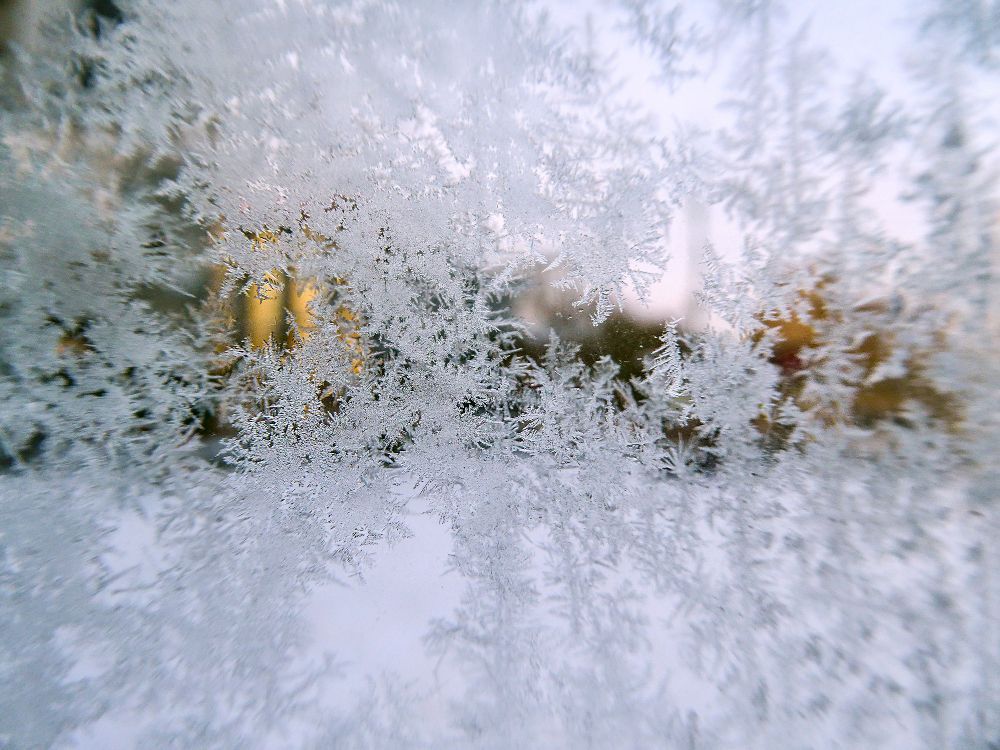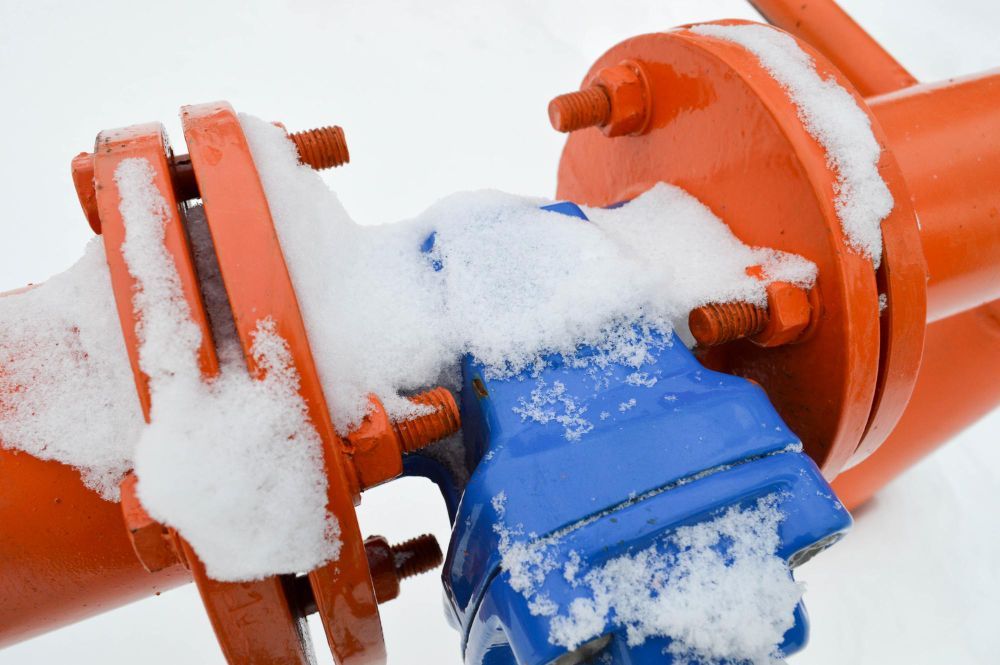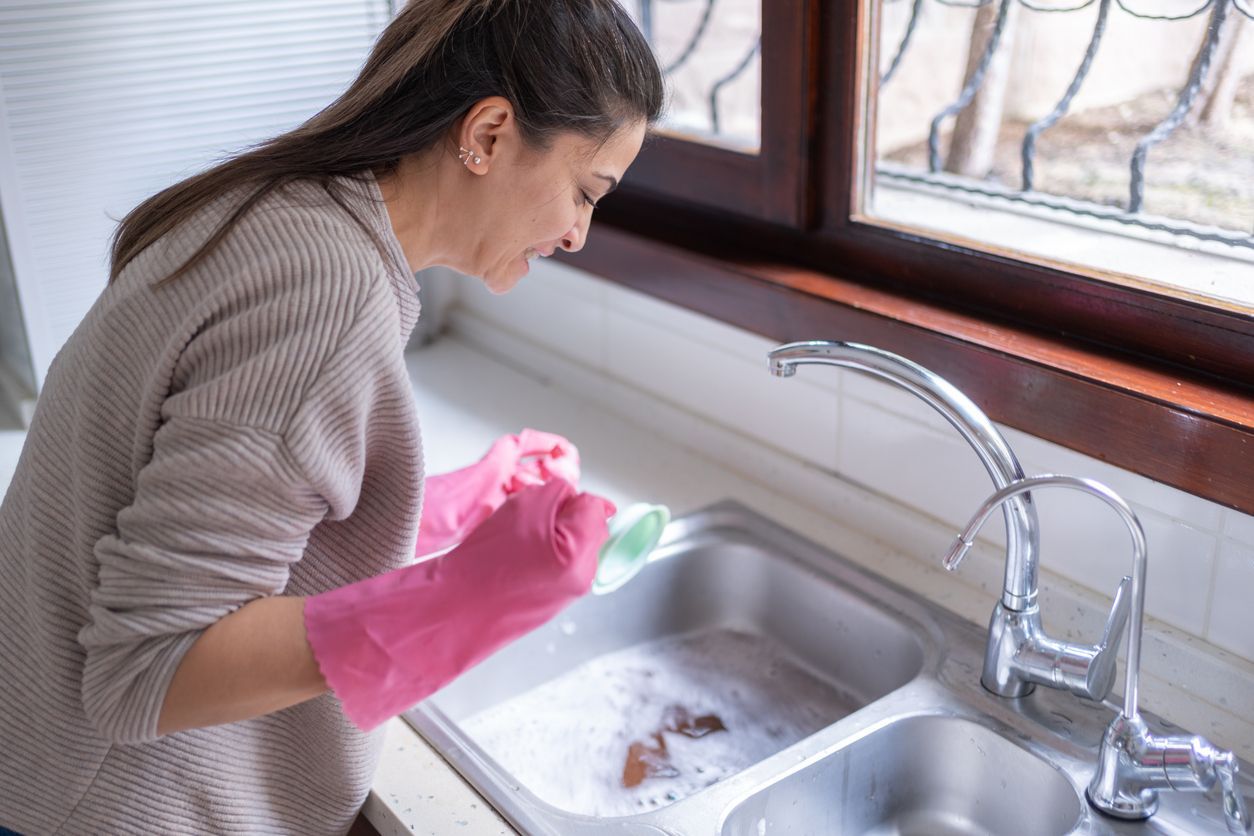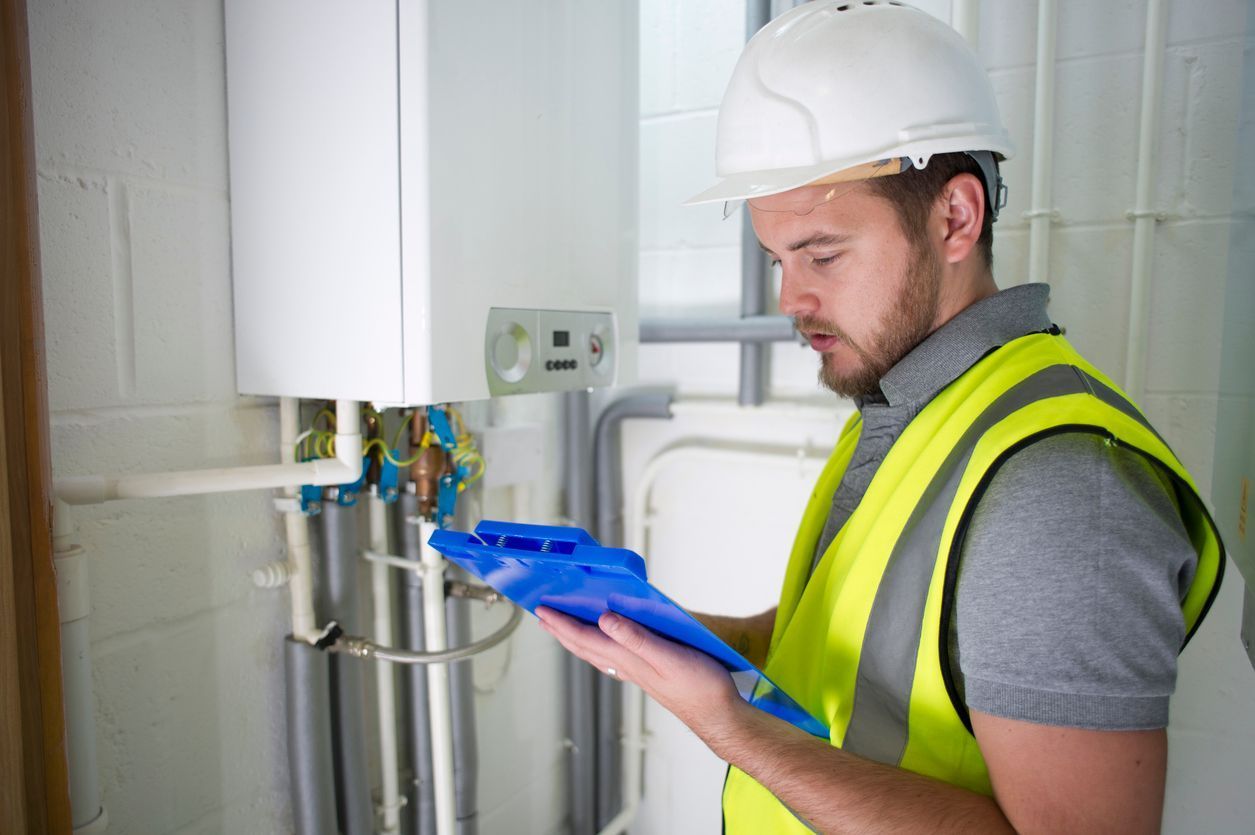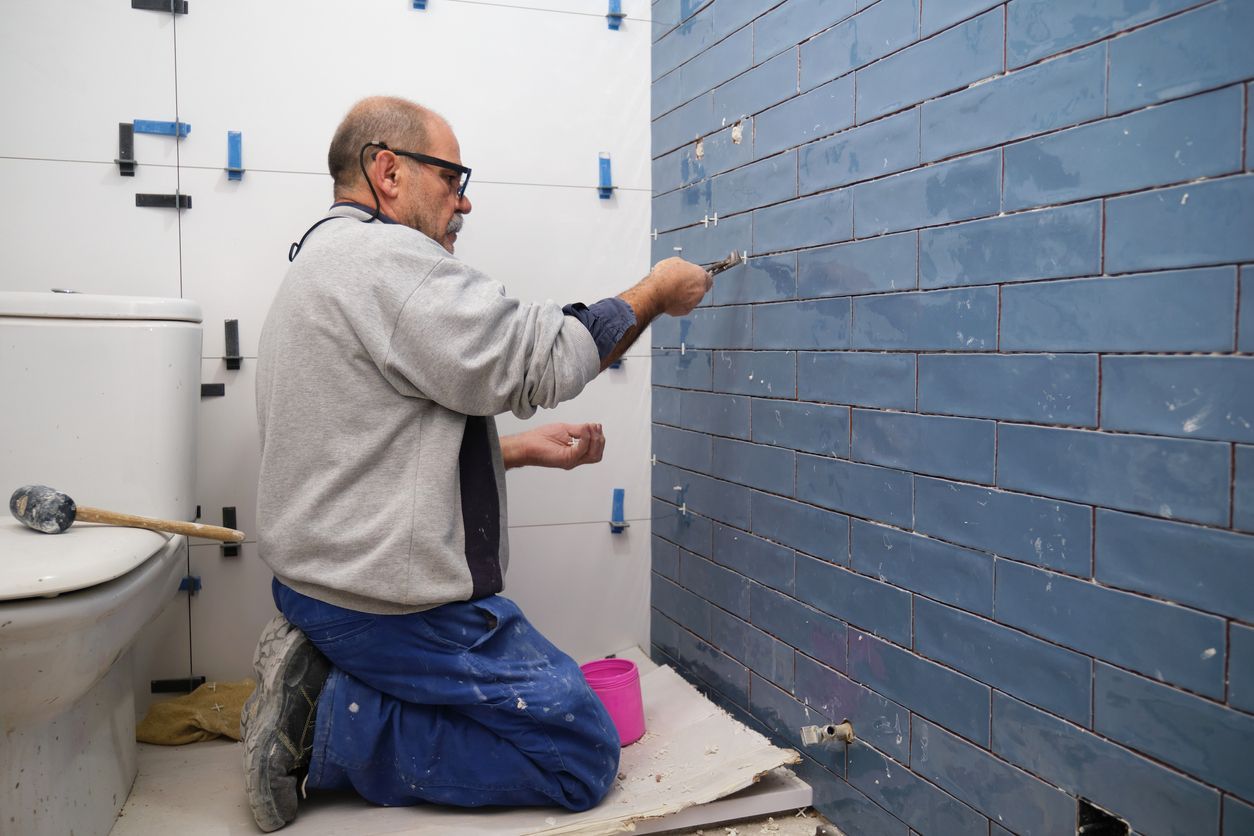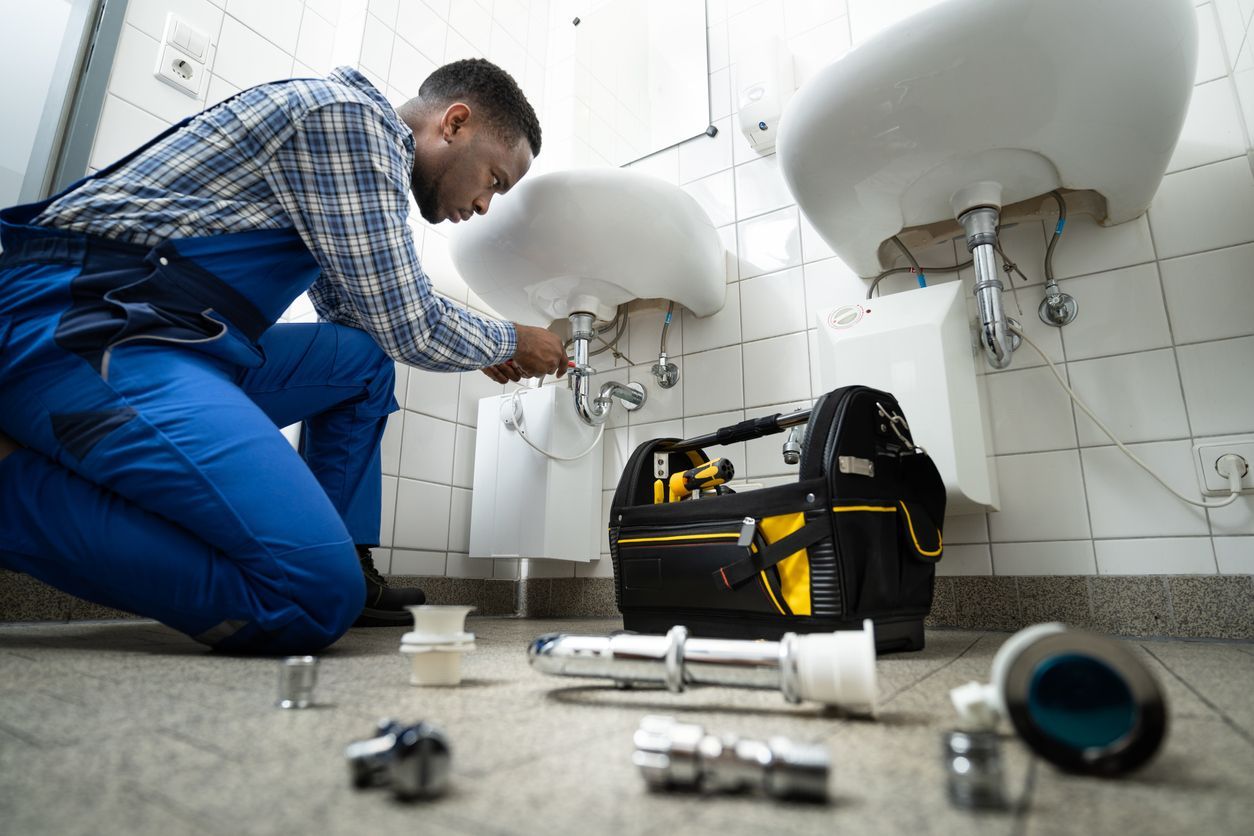7 Ways to Extend the Life of Your Water Heater
7 Ways to Extend the Life of Your Water Heater
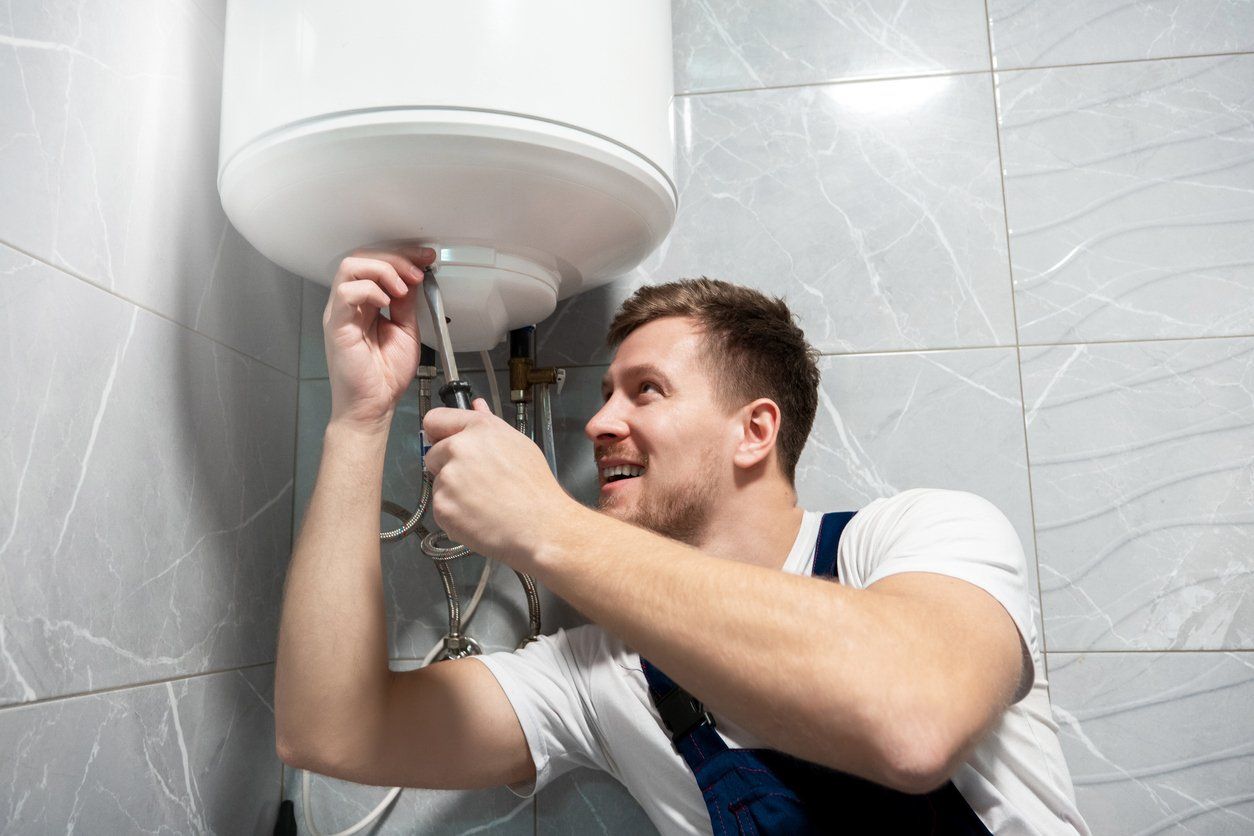
All the steps below can be summarized as thorough, regular maintenance. However, instead of giving you that and signing off, we're going to walk through the most important steps and why each step matters. We believe educating and empowering homeowners to understand how their systems work is necessary and important. The first 5 steps can be performed as often as you like, though we recommend performing a basic check-up every 6 months.
1) Temperature/Pressure
First, a great indicator of water heater health is checking the temperature and pressure. First, compare temperature settings/read-outs to the actual temperature you're getting. Do the same with pressure. If you're seeing the numbers don't match, something might need to be tightened or replaced.
2) Temperature/Pressure Release Valve
This is fairly connected to the first step. While you're checking the numbers, make sure the valves are tightened and functioning. Check for condensation, corrosion, and leaks, which are signs the valve is loose or malfunctioning.
3) Tank
Next, take time to check over the whole tank. Look for spots, warping, corrosion, cracks, and any other abnormalities. Even if it's slight discoloration, finding these spots before actual corrosion occurs is key to extending the life of your water heater.
4) Pipes
Once the tank has been checked, follow all the pipes looking for similar issues. The idea isn't just to look for leaks, but potential leaks. Even if a pipe isn't actively losing water, the goal is to predict where that might occur and replace a section of piping to ensure safety.
5) Connection Points
Finally, any connection points (pipes, valves, and water outlets/inlets) should be rigorously tested. Check for discoloration and moisture, and ensure that all connection points are tight and completely sealed.
6) Drain and Clean
Once a year, drain your tank and clear out all the sediment. While the anode rod will do its best to prevent any corrosive substances from building up and eating the tank from the inside, you can help it by clearing out the sediment regularly.
7) Anode Rod
Finally, keep a close eye on your anode rod. This should be replaced every 3 years, but depending on your water source and the age of your water heater, you might notice it needs to be replaced more often. While we know everyone is looking to save money, the cost of the anode rod is nowhere near the cost of a new water heater. As the rod collects corrosion, it needs to be replaced to prevent the spread of that corrosion.
Contact us at NJ Plumbing to get a consultation, and keep your water heater running for years to come.
